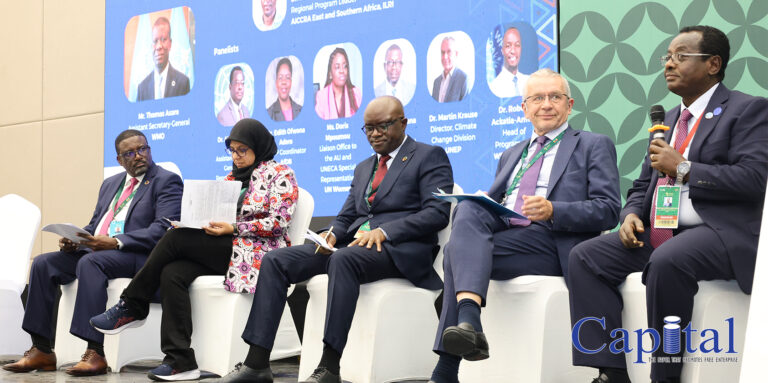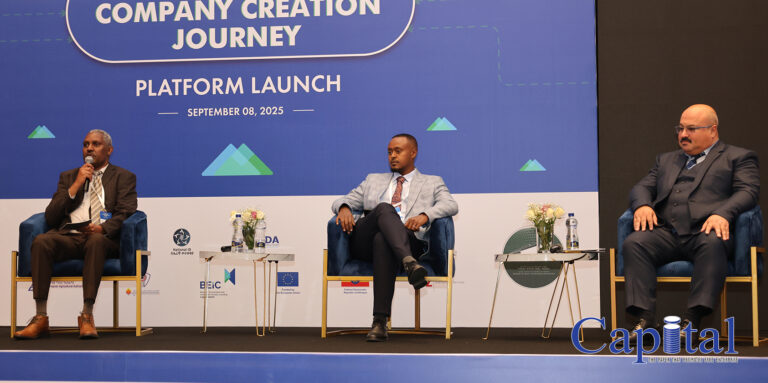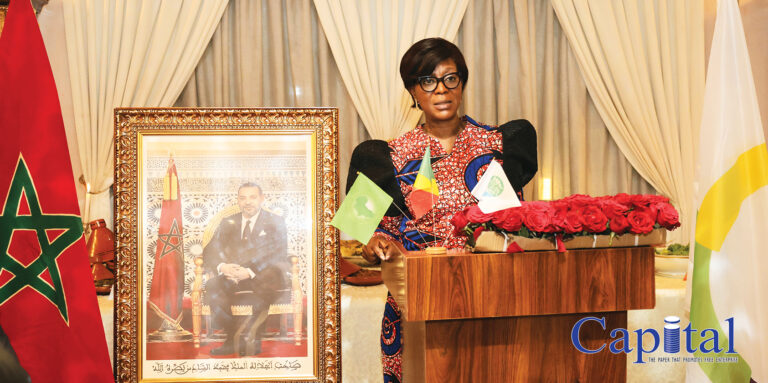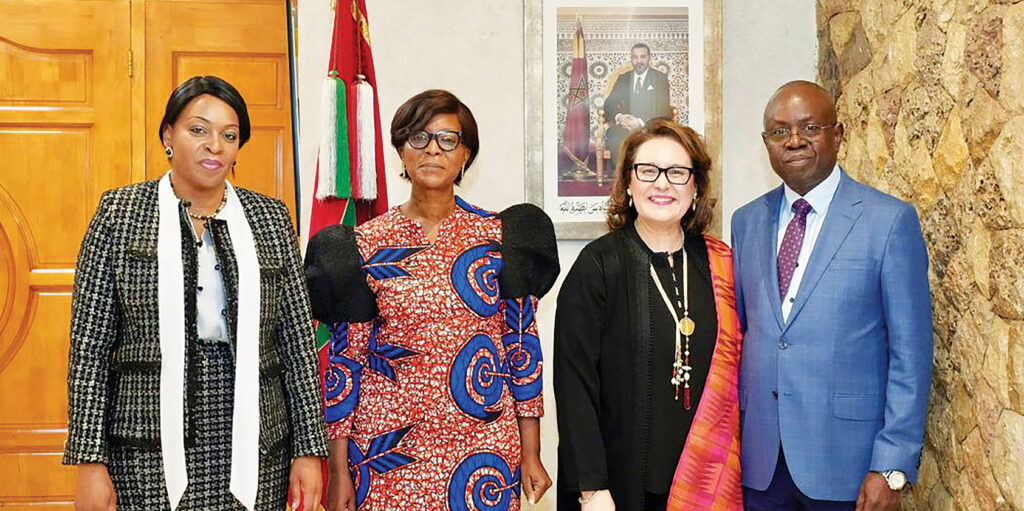The Second African Climate Summit (ACS2) held in Addis Ababa marked a historic turning point in Africa’s fight against climate change. Bringing together over 25,000 delegates—from heads of states to grassroots activists—the summit culminated in the adoption of the landmark “African Leaders’ Addis Ababa Declaration and Call to Action on Climate Change.” This document represents more than a political statement; it’s a detailed blueprint crafted from frank, robust discussions during the conference’s many panels and forums, embodying a shared African climate future grounded in justice, innovation, and leadership.
The Addis Ababa Declaration and its 157 action points emerged from a broad consensus that Africa must move beyond a position of dependency and marginalization toward equal partnership on the global stage. The declaration demands that Africa’s collective voice be heard loud and clear in transforming international finance and trade systems, asserting a new political strategy designed to make a lasting global impact. At the heart of the Declaration is a recognition—forcefully articulated throughout the summit—that Africa should no longer be confined to an “aid-first” narrative. Instead, it demands climate finance as a matter of justice, compensation for crises it did not cause, and sovereign rights.
The summit’s discussions reflect a complex but purposeful mix of optimism and realism. Participants recognized the need to harness Africa’s moral authority and vast potential as a powerful bargaining tool in international negotiations. The transition from accepting charity to demanding justice is not mere rhetoric; it is a fundamental thread woven into every speech, panel, and resolution.
Key structural inequities preventing climate finance from translating into concrete progress were painstakingly laid bare. African countries’ crippling debt burden consumes precious fiscal space, leaving little room for investment in climate resilience. The declaration calls explicitly for a shift away from debt-financed climate projects toward grants and gift-equivalent financing to safeguard Africa’s development prospects. Alarmingly, 53% of adaptation funds to Africa throughout 2021–2022 came through loans, perpetuating a cycle of vulnerability.
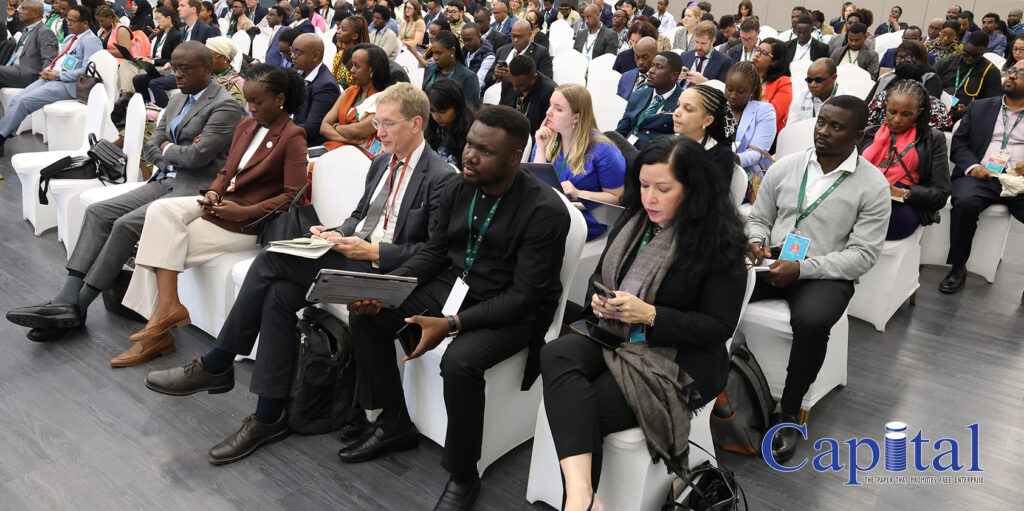
Credit rating biases compound this challenge, imposing punitive borrowing costs disconnected from African economies’ actual performance. Panelists underscored that these biases stem not from incapacity but deeply embedded structural inequality. The Declaration demands reforms of international financial institutions and credit agencies to realign evaluations with Africa’s true climate risks and opportunities.
Another deserving spotlight was the persistent neglect of the agriculture sector—the continent’s largest employer—in climate finance frameworks. Many promising African projects fail to attract investment due to inadequate preparation and technical support, further hindering progress toward building resilient food systems. The Addis Ababa Declaration stresses African-led innovation and equitable partnerships to dismantle these barriers, emphasizing shared leadership rather than one-sided guidance.
The African Green Climate Fund’s Catherine Kaufman voiced support for this rejection of transplantation models. The Fund’s country-driven, country-owned approach aligns fully with Africa’s vision for stewardship and self-determination, signaling readiness among global financial institutions to embrace a new mindset of partnership and empowerment.
One of the Summit’s most urgent themes was reforming trade and investment frameworks to accommodate Africa’s realities and ambitions. Discussions on the European Union’s Carbon Border Adjustment Mechanism (CBAM) revealed both the existential risk and latent opportunity facing African exporters. John Asafu-Adjaye of the African Centre for Economic Transformation explained the continent’s economic dependence on raw commodity exports leaves it vulnerable to punitive climate-related trade measures.
Asafu-Adjaye’s solution reflects the Declaration’s core: Africa must modernize economies and “set its own green standards,” positioning itself advantageously as a Global South climate leader. David Beer, CEO of Trademark Africa, warned that formal climate trade barriers have already surged from 8% to 20% of trade restrictions, compounded by informal boycotts by Western buyers abruptly halting purchases of African produce without notice. His call for collective action to digitize supply chains and integrate geographic data to meet global market standards illustrates the future-facing, systemic approach championed by the Addis Ababa Declaration.
Financially, James Monge of Equity Bank Group underscored the unparalleled advantage Africa holds with 62% of the world’s renewable energy capacity alone. The continent’s green industrial revolution depends on strengthened local and regional financial systems to convert this potential into trade and investment gains. The Declaration’s call for African-led financial institutions echoes this vision, demanding self-reliance alongside global partnership.
Financing needs are colossal. The Addis Ababa Declaration quantifies Africa’s need at $3 trillion by 2030 to achieve climate targets—a stark contrast to the paltry $30 billion disbursed between 2021 and 2022. This figure casts climate finance as a “legal obligation” under the Paris Agreement and a foundational right for Africa’s development, demanding accountability from historic polluters.
Nature-based solutions—central to Africa’s climate strategy—received renewed endorsement at ACS2. From Ethiopia’s Green Legacy Initiative planting billions of trees to the African Union’s Great Green Wall restoring landscapes, Africa envisions climate resilience built with forests, wetlands, and indigenous knowledge at its core, providing livelihood, biodiversity, and carbon regulation benefits.
Africa’s climate summit was thus both a reckoning and a renaissance. It recast Africa’s global narrative—from victimhood to visionary leader—offering integrated strategies and diplomatic power to reshape climate diplomacy. The Addis Ababa Declaration offers both a concrete roadmap and a rallying cry: unity, ambition, and justice must drive the continent’s climate path.


